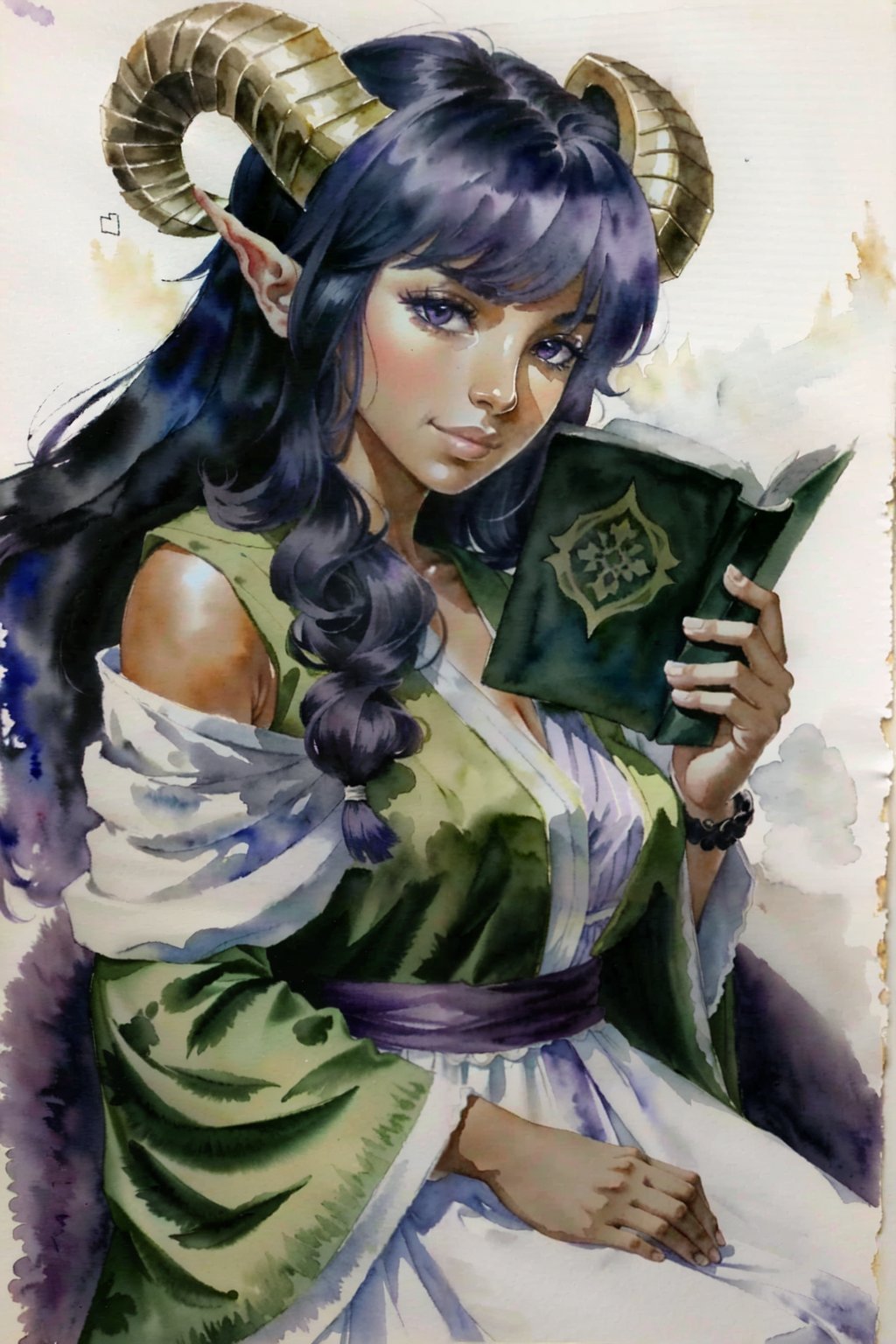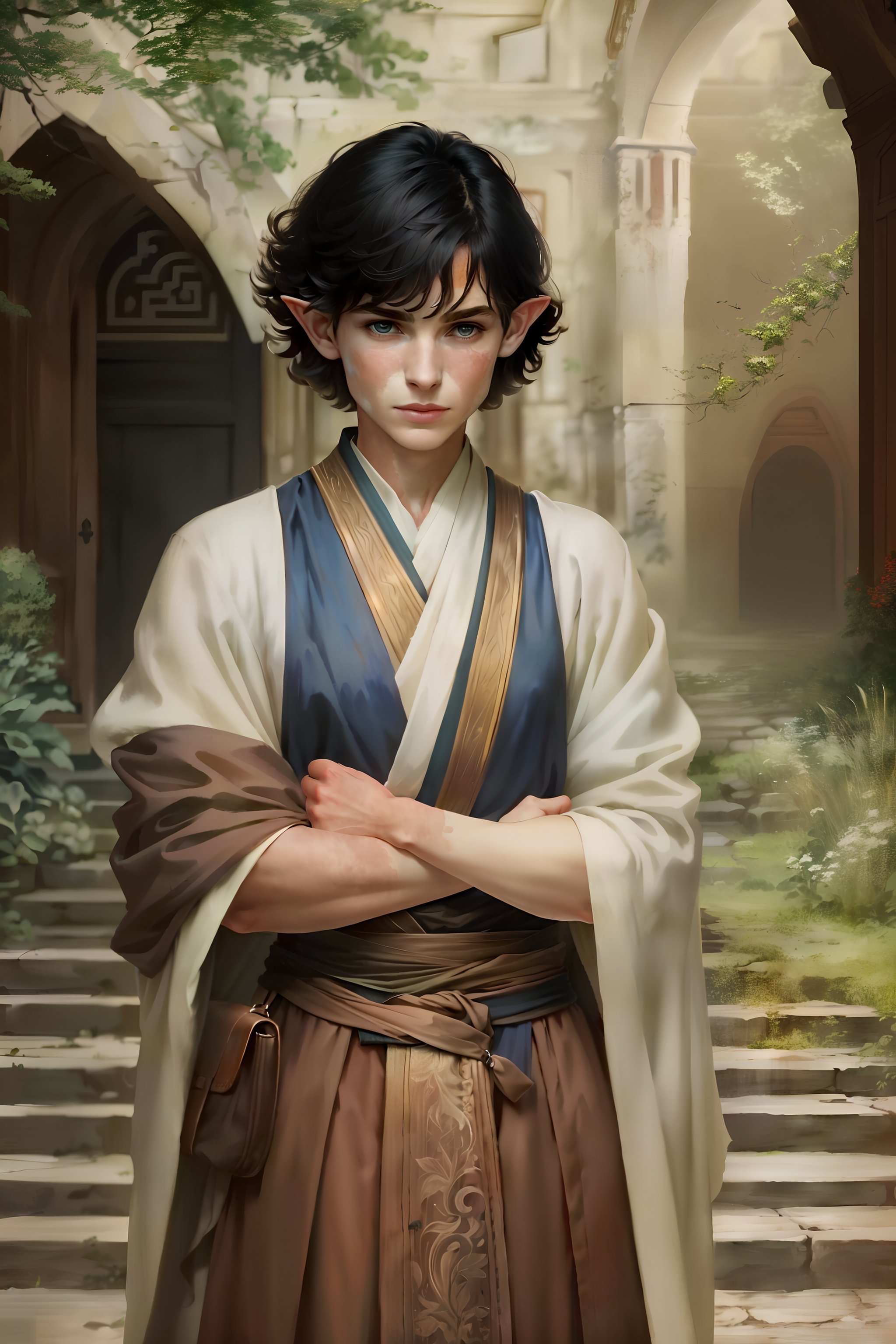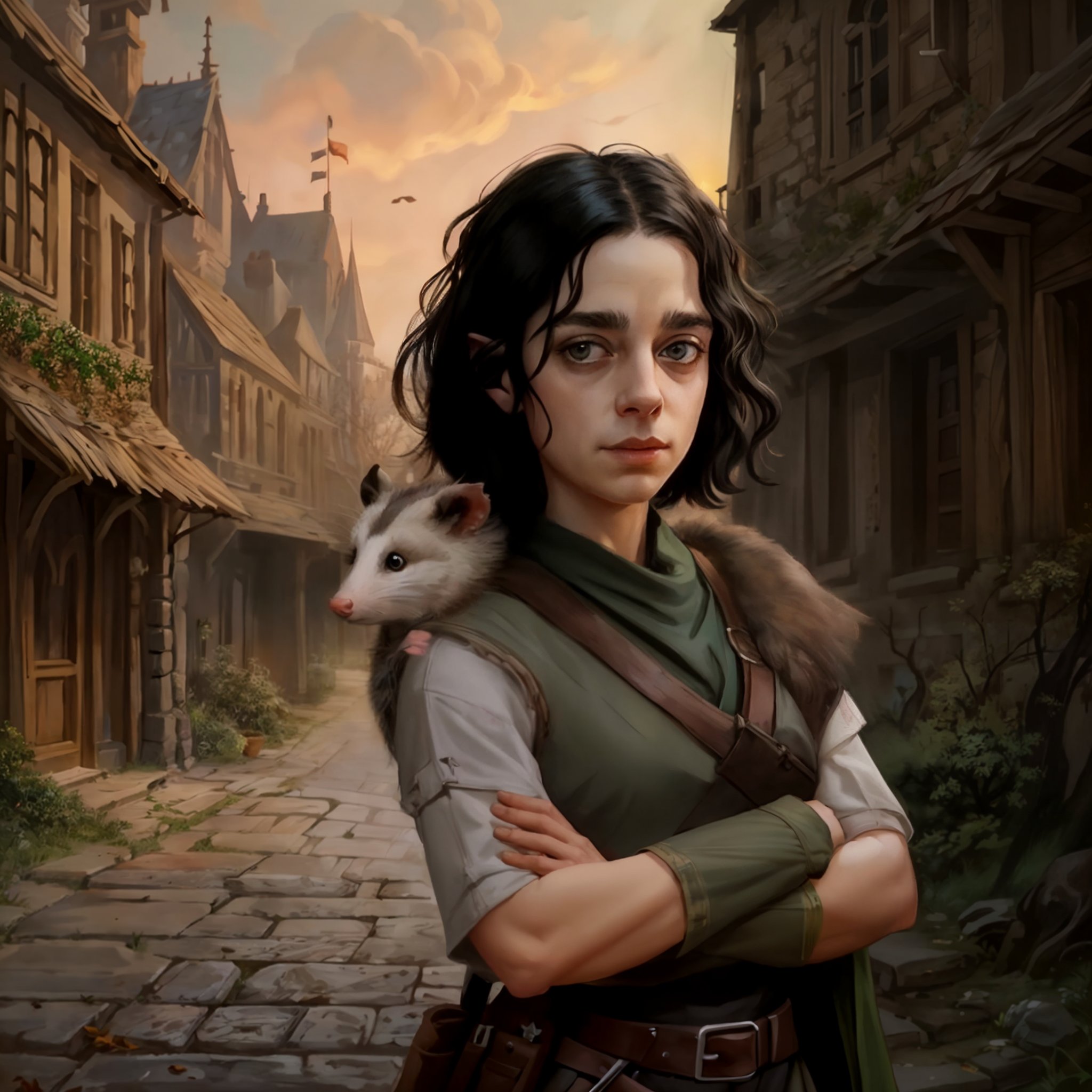Tuberculosis
DrakeRichards
Could you also post the [bed_mesh] section of printer.cfg?
Neat! I’ve known that Regional Prompter is powerful, but it’s too much of a pain for me to bother using. Hopefully this makes it easier.
If you know your deviation, I assume you have a bed probe, right? Are you using your bed mesh? Can you share your start GCode?
These aren’t exactly exploration games, but they’re simple games that my toddler likes too:
- Animal Crossing is easily her favorite. She loves “helping” my wife pick outfits and fish.
- A Building Full of Cats is short, cheap, and cute. She likes making up stories about each apartment and cat. There’s also tons of similar games in different locations.
- Cats in Time has simple puzzles that she can do with a bit of help.
- Slime Rancher might be a good fit. It’s simple and cute with a focus on exploration.
- Dorf Romantik is a relaxing and cute game that’s a good introduction to resource management. She might not be good at the actual goal of the game, but she likes placing tiles.
- Subnautica in creative mode might be interesting for exploration, depending on how sensitive your kid is about some of the darker areas and creatures.
I guess this is neat, but I don’t understand what the point is. Here’s what it says this program offers:
The program provides a digital studio environment, access to advanced AI tools and technologies, partnership with experts in the field, and opportunities for collaboration within our established artist community. It also includes a $1000 grant and promotion to our community of millions.
$1000 is nothing nowadays; I’m not sure what that would even do. Buy most of a 4090?
I already have a “digital studio environment” set up on my computer. I like it the way it is.
Partnership with experts and community collaboration are already pretty easy with social media. The generative AI community is generally helpful.
I guess this program might help people who aren’t already using generative AI get into it?
I absolutely love the color composition of this one, but I have no idea how to reproduce it. If anyone can figure out how to get this “colored in the foreground with faded background” look consistently, I’ll give you all the money in my left pocket.
- Description: Thistle is a calm and observant druid who communicates with animals to gather useful information. She has a soft spot for the city's least loved creatures and has made it her mission to protect them.
- Looks: Thistle is short with a rounded figure. She has curly red hair, bright green eyes and a face full of freckles. Her clothes are earth-toned, and she usually has a small creature or two tucked into her pockets.
- Voice: Her voice is soft and melodic, often mimicking the sounds of the animals she communicates with.
- Quirk: She often speaks to animals as if they can understand her, and considers it rude not to greet a rat in the street.
- Likes: Animals, nature, secrets, pies
- Dislikes: Animal cruelty, secrets being withheld from her, overly processed food
- Goals: To ensure the safety and fair treatment of all creatures in Waterdeep, regardless of their size or perceived value.
- Frustration: She has recently found out about a planned rat extermination in one of the wealthier districts and is trying to find a way to stop it.
I wasn’t trying to imply that Typst is a replacement for LaTeX. I’m more trying to say that I’m hoping Typst (and any other typesetting alternatives that might be out there) mature enough over the next year or two to become full replacements. It just doesn’t seem to be gaining much attention because of how dominant LaTeX is.
The main part that’s not open source is their web client, which I’m fine with. There’s a number of people on GitHub that aren’t happy about it though.
I’ve been using Typst. Its (mostly) open source and much simpler than LaTeX. It’s still very new though, so it doesn’t have all of LaTeX’s features, but it’s making very steady progress.
I mean more that LaTeX’s syntax and compilation methods are outdated. I’ve tried to grok LaTeX many times, but the most I’ve ever been able to do is make small modifications to existing templates. I’ve never been able to make a brand new project work. I’m really hoping that modern alternatives like Typst become more common. There just don’t seem to be many out there because of how dominant LaTeX is.







The chat history is the big one for me. It’s not even that it’s not persistent; I’d be fine if it just purged all messages after a set period. The problem is that it seems to selectively purge some messages but keep others. Makes me feel like I’m crazy when I go back and try to find something that I know I sent a while ago, but there’s just a gap.